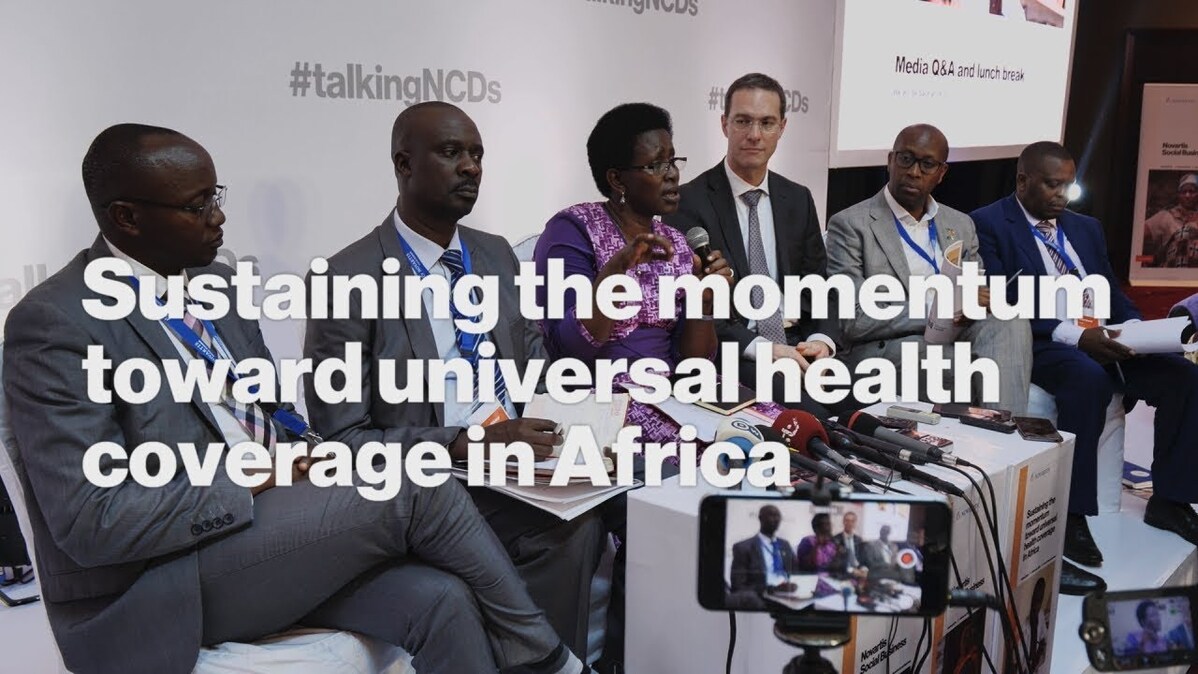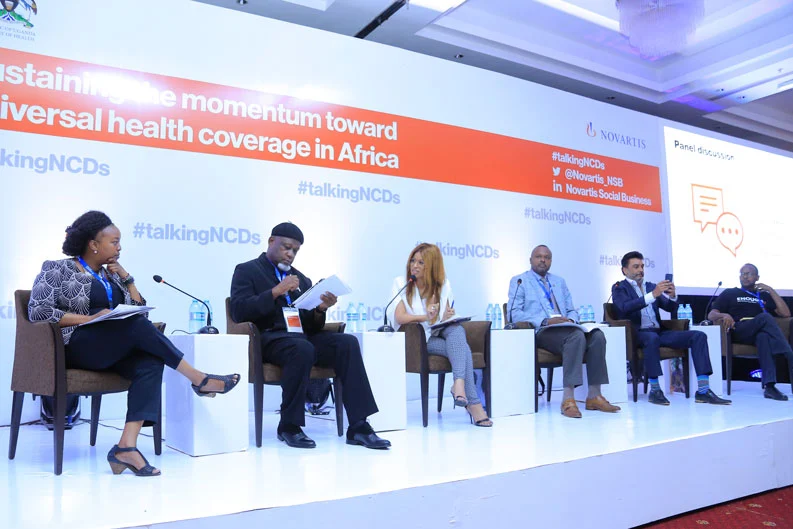This story is the one of many young girls in Africa, who face many obstacles because they cannot access the healthcare they need.
The challenges illuminate the realities of the healthcare crisis facing great swathes of the African continent, where a rising burden of noncommunicable diseases (NCDs) intersects with a continuing burden of infectious disease.
This is the fifth Novartis Social Business stakeholder dialogue. It brought together more than 160 attendees from 12 African countries in Kampala, Uganda. Faith-based organisations (FBOs), non-governmental organisations (NGOs), government agencies, private sector firms, patient organisations, the media and health technology companies were among the attendees, as Novartis Social Business sought to build the dialogue on sustaining the momentum toward realising UHC in Africa.
To do this, the missing links that will bridge the gaps in access to healthcare, and work toward making UHC a reality, have to be identified. Yet what is known is that no matter the strength of the commitment, results will be lacking if we all do not learn from the mistakes of past health interventions.
One such fact that cannot be ignored - and that was central to the discussion during the stakeholder event - is that one sector cannot do it alone. Real collaboration will be needed. We can recognise the valuable role each stakeholder plays, and the diversity of opinions represented, to synthesise our strengths, our expertise, and our capacities to effect real and meaningful change. Acting in isolation, will achieve only a mere fraction of what is possible if acting together.
To this end, thinking beyond the conventional view of public-private partnerships (PPPs) in health as being merely a contract between governments and the private sector is needed. Civil society organisations and patient groups need to be involved, as these stakeholders represent the interests of those who arguably have the most to gain from the drive to UHC. Health interventions should not target passive recipients. They should target consumers with active interests, who often have no less than their dignity, wellbeing and even their lives at stake.

